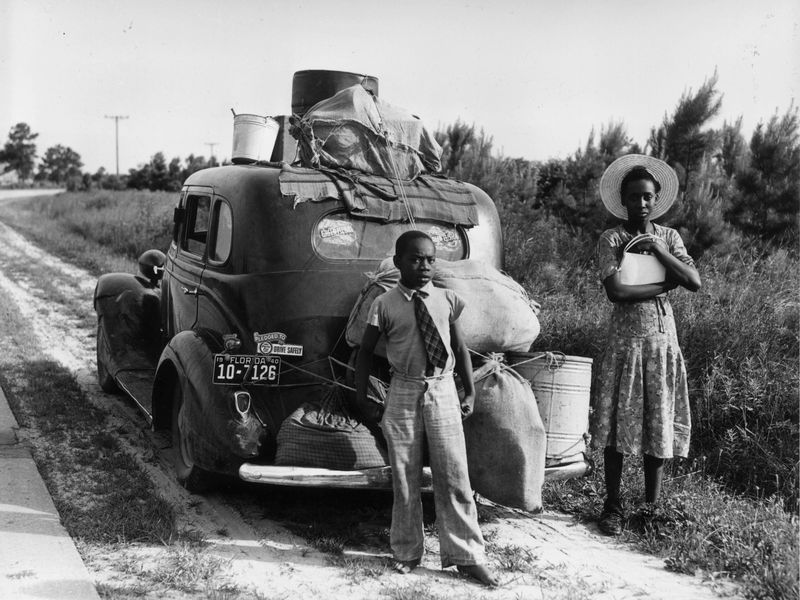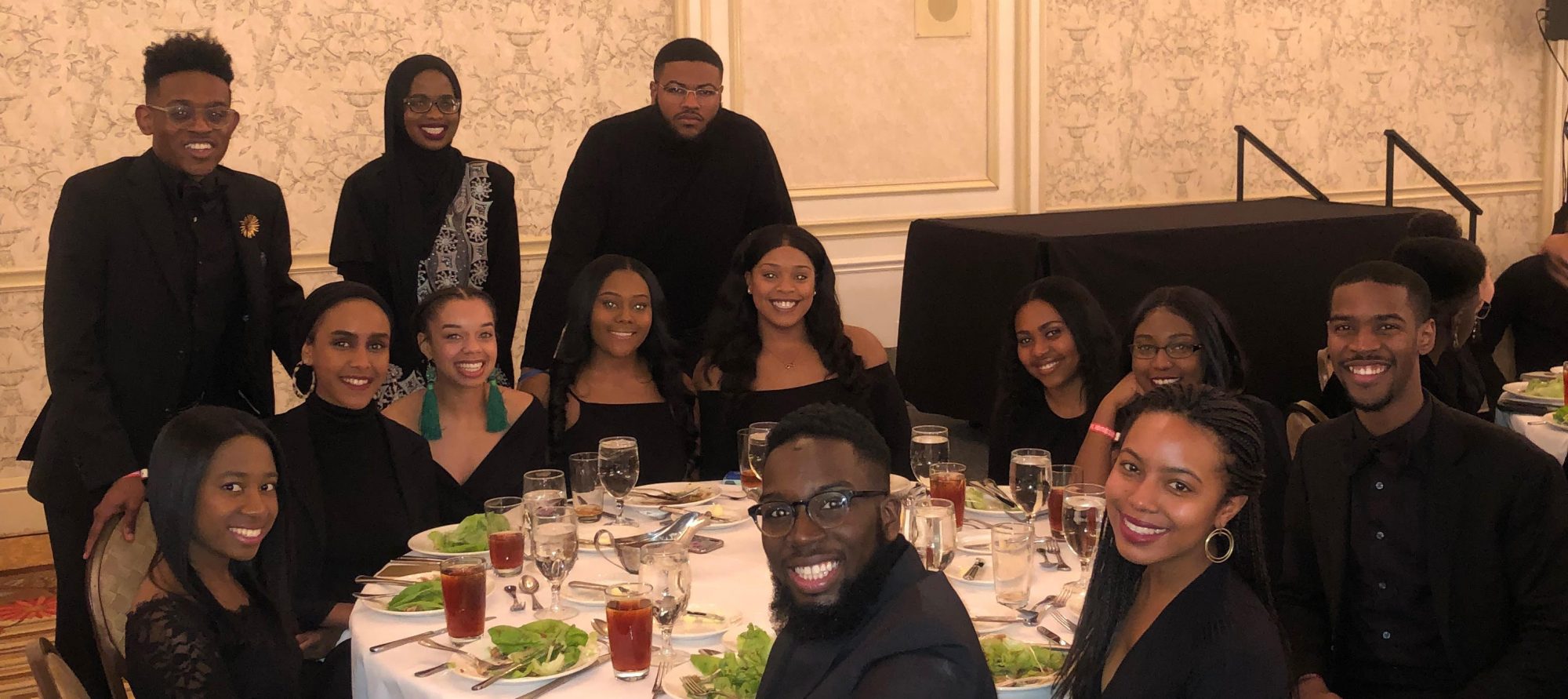One of the most compelling breakout sessions I attended this year was “Eating Black” by Adrian Miller. He traveled to over 150 soul food restaurants in 15 states and 35 cities to understand soul food migration and its relationship to black trauma. Given the Great Migration beginning in the early 20th century, Miller discussed the spatial trauma that black people felt as they moved away from home. In moving up North, black folk built new businesses and created new community, but they kept their food very similar. Miller discussed that the black cuisine we know now as soul food was historically a celebratory meal that slaves ate infrequently. In fact, he likened slaves’ normal diet to modern day vegetarians, as meat (even the scraps) were rarely given to slaves.
The trauma of being away from home pushed black folk to eat soul food daily as a coping mechanism to being lost in one’s own nation. The ripple effects of trauma are telling, as diabetes, high blood pressure, and heart attacks came from the foods that initially were for times of celebration. The way Miller maps intergenerational trauma to not only what we eat but how much we eat what we eat was a novel train of thought for me. It left me shook to my core, it made me question the pros and cons of recreating home, and it provided me with an alternative bespoke framework for tackling black injustice: through food politics.
As I graduate, I am beginning to think about meal prepping for work and what comfort foods I will have at my disposal. Charmaine Jones, another panelist, later posed the question “Do I have to eat like white people to be healthy,” and while the answer is resoundingly no, I hope that I alongside black graduates find a balance of food that reminds us of home without allow it to consume us.

